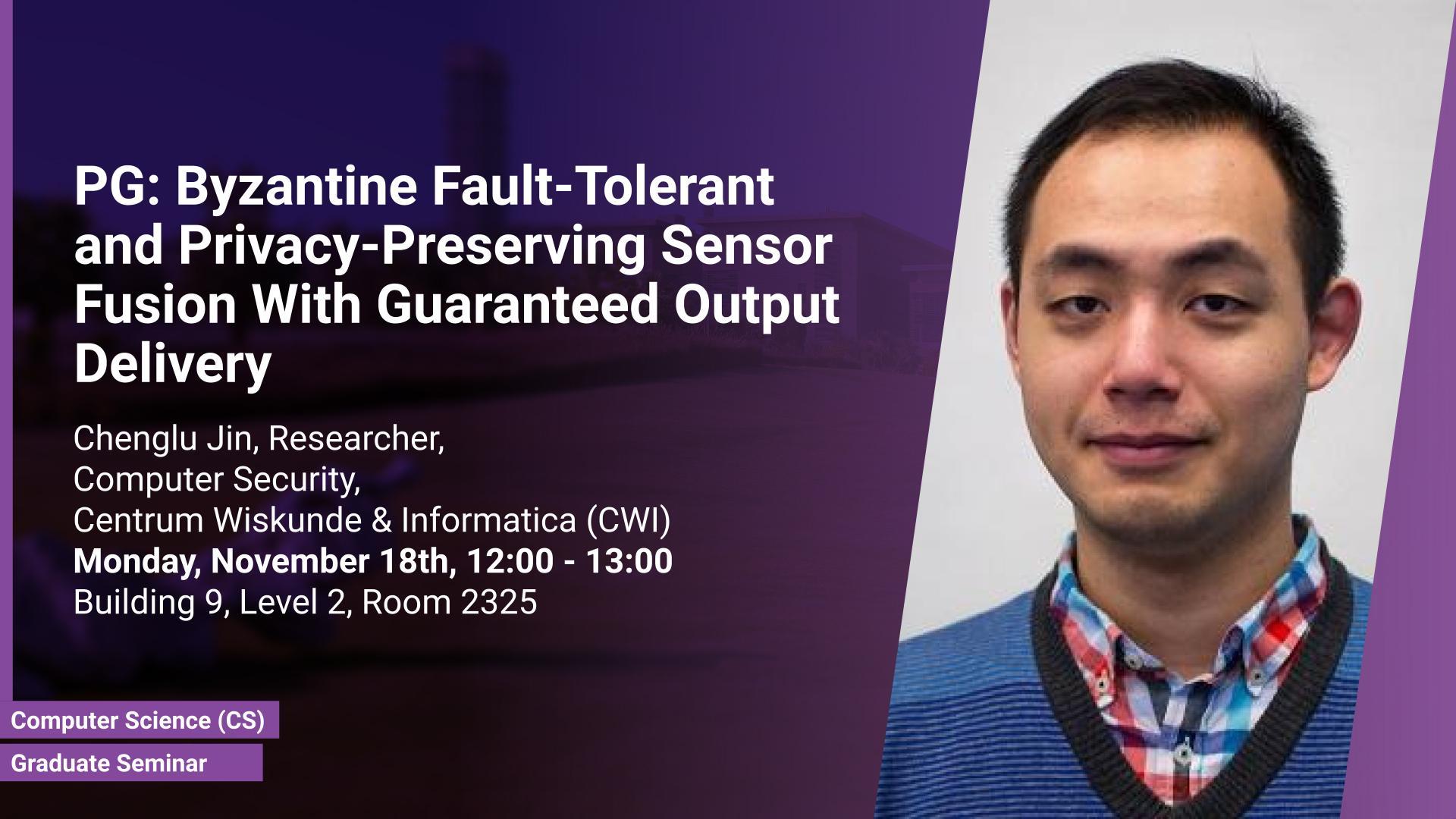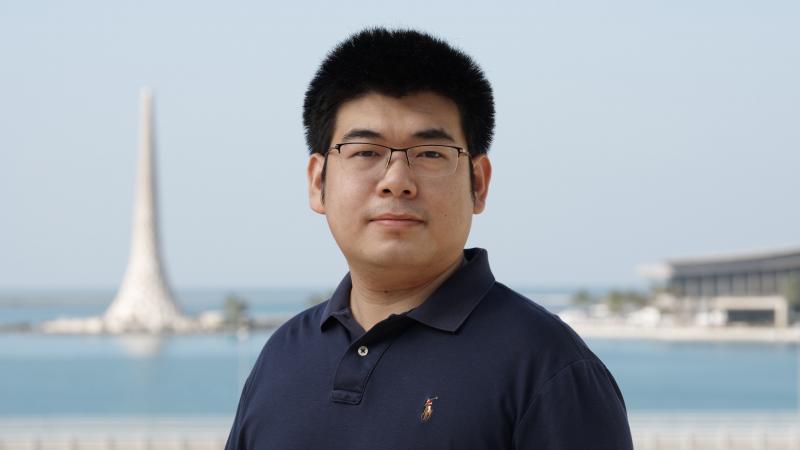Abstract
We design and implement PG, a Byzantine fault-tolerant and privacy-preserving multi-sensor fusion system. PG is flexible and extensible, supporting a variety of fusion algorithms and application scenarios. On the theoretical side, PG develops and unifies techniques from dependable distributed systems and modern cryptography. PG can provably protect the privacy of individual sensor inputs and fusion results. In contrast to prior works, PG can \textit{provably} defend against pollution attacks and guarantee output delivery, even in the presence of malicious sensors that may lie about their inputs, contribute ill-formed inputs, and provide no inputs at all to sway the final result, and in the presence of malicious servers serving as aggregators. On the practical side, we implement PG in the client-server-sensor setting. Moreover, we deploy PG in a cloud-based system with 261 sensors and a cyber-physical system with 19 resource-constrained sensors. In both settings, we show that PG is efficient and scalable in both failure-free and failure scenarios.
Brief Biography
"Chenglu Jin is a Tenure-track Researcher in the Computer Security Group at Centrum Wiskunde & Informatica (CWI Amsterdam) (the national research institute for mathematics and computer science in the Netherlands).
Before joining CWI Amsterdam, he worked as a research assistant professor at New York University, affiliated with the Center for Urban Science and Progress and the Center for Cybersecurity. He obtained his Ph.D. degree at the University of Connecticut, under the supervision of Prof. Marten van Dijk. Prior to that, he obtained his Master of Science degree (under the supervision of Prof. Ramesh Karri) and Bachelor of Science degree from New York University and Xidian University, respectively.
His research interests are hardware security, cyber-physical system security, and applied cryptography. His doctoral dissertation is “Cryptographic Solutions for Cyber-Physical System Security”."

